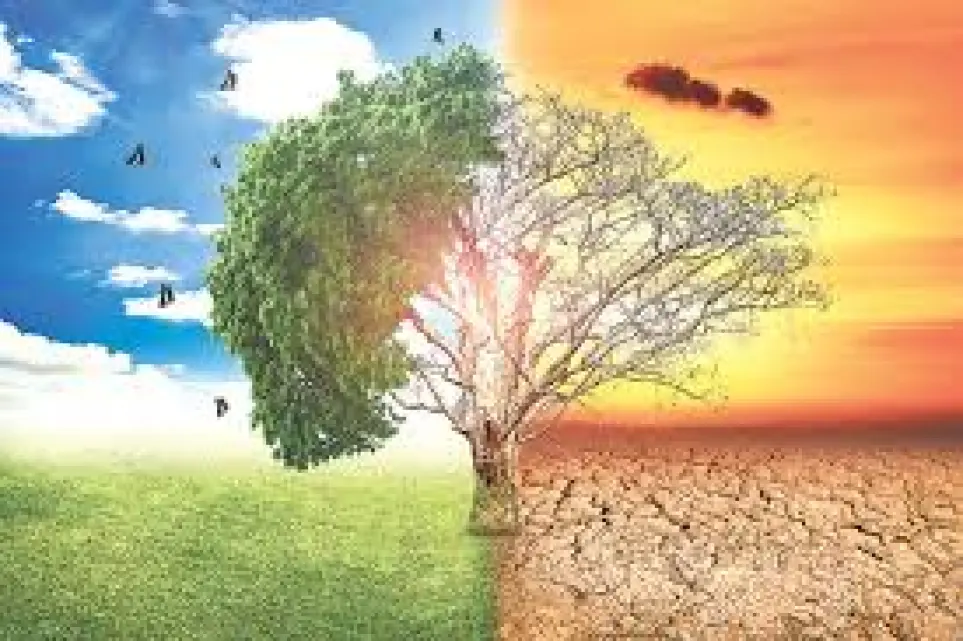To ensure a future that is liveable for everyone, a new report has emphasized the need for urgent climate action. Climate change was identified as a threat to both human and planetary well-being in the report, “Climate Change 2023: Synthesis Report,” which was published on Monday, March 20, 2023. It was based on years of work by hundreds of scientists during the sixth assessment cycle of the Intergovernmental Panel on Climate Change (IPCC), which started in 2015.
It said that humans were entirely to blame for the 1.1°C temperature increase above pre-industrial levels that has occurred over the past 200 years, which has resulted in increasingly frequent and dangerous weather events that have wreaked growing amounts of damage on both people and the environment.
In 2018, IPCC highlighted the unprecedented scale of the challenge required to keep warming to 1.5°C. Five years later, that challenge has become even greater due to a continued increase in greenhouse gas (GHG) emissions.
The pace and scale of what has been done so far, and current plans, are insufficient to tackle climate change. According to the report, the 1.5°C limit is still achievable and outlined the critical action required across sectors and by everyone at all levels. It reminded everybody that every increment of warming would come with more extreme weather events.
Read Also: stakeholders-gather-at-un-conference-to-address-global-water-crisis
The report, which has as key themes, ‘climate solutions’, ‘climate justice’, and ‘climate speed’ said when actions are taken now, humanity can “secure a livable, sustainable future for all.”
Said Aditi Mukherji, one of the 93 authors of this ‘Synthesis Report’, in the closing chapter of the panel’s sixth assessment: “Climate justice is crucial because those who have contributed least to climate change are being disproportionately affected. Almost half of the world’s population lives in regions that are highly vulnerable to climate change. In the last decade, deaths from floods, droughts, and storms were 15 times higher in highly vulnerable regions.”
In this decade, accelerated action to adapt to climate change is essential to close the gap between existing adaptation and what is needed. Meanwhile, keeping warming to 1.5°C above pre-industrial levels requires deep, rapid, and sustained GHG emissions reduction in all sectors. Emissions should be decreasing by now and will need to be cut by almost half by 2030 if warming is to be limited to 1.5°C.Clearway ahead. The solution lies in climate-resilient development. This involves integrating measures to adapt to climate change with actions to reduce or avoid GHG emissions in ways that provide wider benefits.
Story adapted from The Guardian
